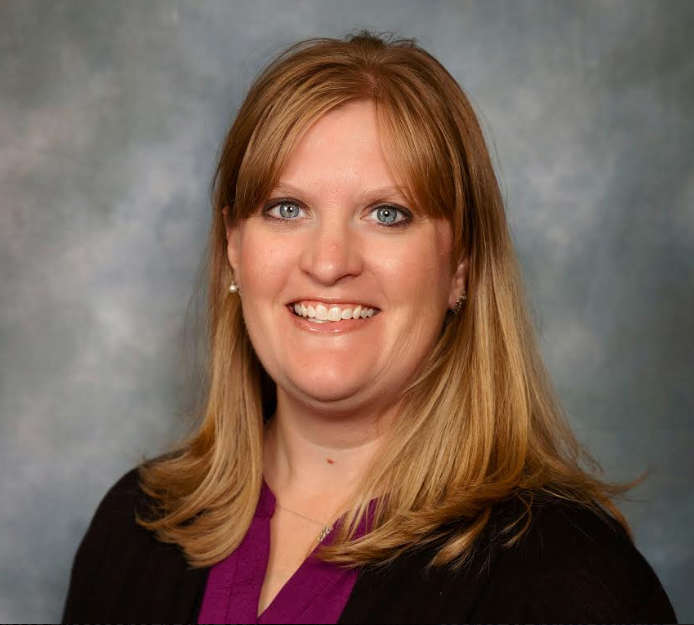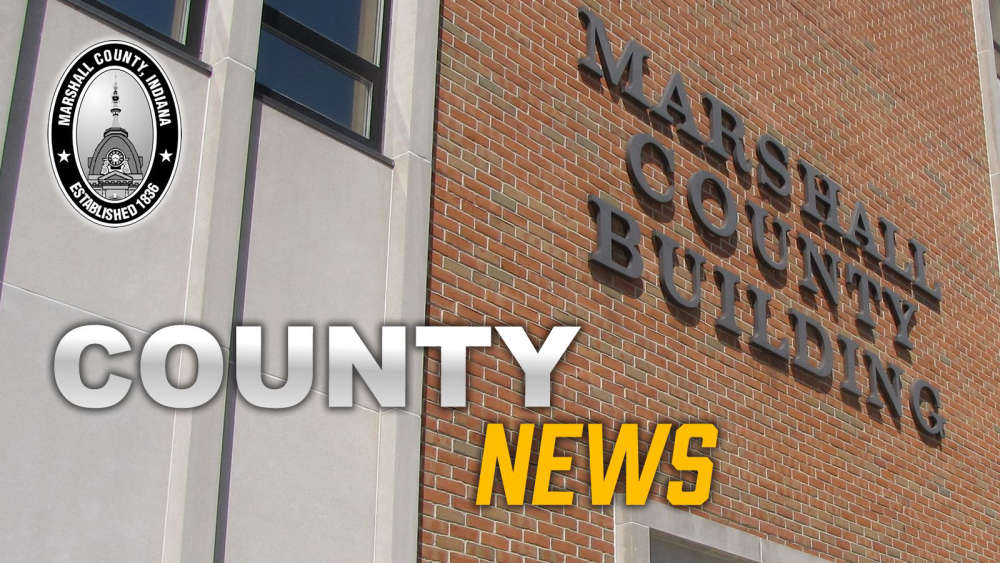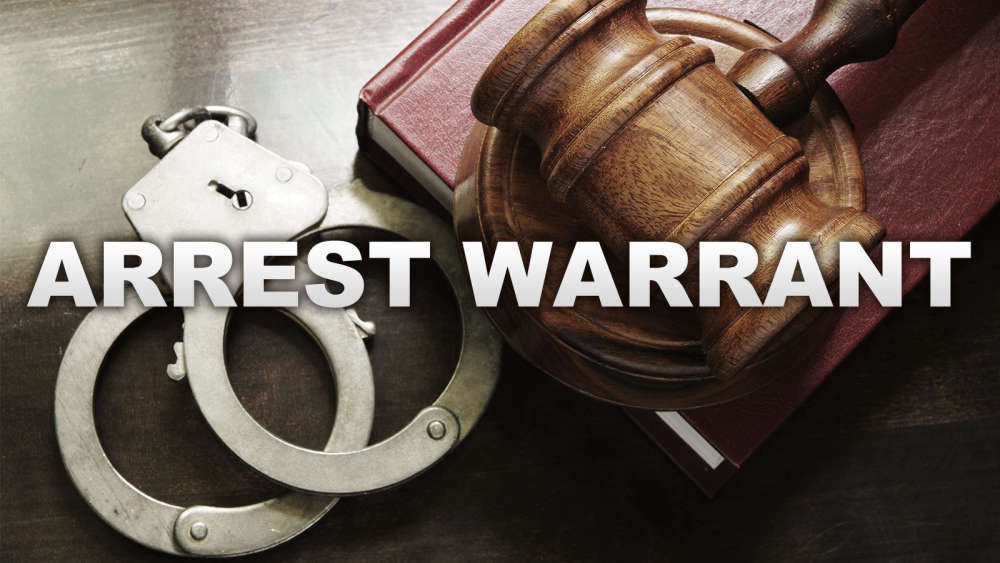
Marshall County Auditor Angie Birchmeier explained in the fourth article of the series an overview of the relationship between the auditor and the treasurer. With the upcoming budget process, Auditor Birchmeier will explore, in the fifth article of this series, the relationship between the county auditor and the county council.
The county council, unlike the auditor, is statutory, and the Indiana State Legislature determines the powers. The county council is the fiscal body and has the ultimate decision-making power over budget matters.
Statutorily, the county council is required to meet once after an election to reorganize and once to adopt the county’s annual budget and tax rate. Although typically, most county councils meet monthly. The county council meetings are held on the second Monday of each month at 5:30 pm in the Marshall County Building, 112 W. Jefferson Street, Room 203, Plymouth, where discussion is held on various financial issues. An agenda is published in advance of the meeting for any interested citizens.
Annually, each local unit of government is required to set an annual budget, establish salaries, wages, and other forms of compensation, as well as the county tax levy (tax rate). The budget is funded through various revenue streams, which include, but are not limited to, property taxes, income taxes, excise taxes, and local fees.
Property tax is often called a levy, and the term “maximum levy” is used frequently, which means the maximum amount of property taxes that can be annually collected by a local unit of government as determined by the Department of Local Government Finance (DLGF). The various revenue streams are used to calculate the estimated revenues annually, and no levy fund shall have expenditures that exceed the revenues. If a fund reviewed by the DLGF has expenditures that exceed revenues, the DLGF will reject the budget, and the local unit of government is required to reduce the budget before the DLGF will approve it.
As stated in an earlier article, the levy is only disbursed to the General, Reassessment, Cumulative Bridge, which is a special fund established to finance construction, maintenance, and repair of bridges, Health, and Cumulative Capital Development funds. Additionally, during the budget process, the DLGF reviews the Highway and Local Road & Street funds even though those two funds do not receive property tax dollars.
The annual tax rate that the county council sets during the budget process is based on the certified net assessed value or CNAV. The CNAV process begins with the assessor, with the gross values being “rolled” to the auditor, where the deductions are applied. The assessments are based on the parcel's appearance as of January 1 of each year.
Each fund has its own cash balance that stays with that fund. Some funds have departments within the fund that share the cash balance. For example, the General Fund has 35 departments that have their own budgets with their own appropriations, but share the cash balance of the General Fund. Based on the estimated revenues, the expenditure is requested annually during the budget process, which establishes the annual budget that runs from January 1 to December 31 annually.
During any calendar year, there may be items that were unexpected for which a department does not have the appropriation. If that is the case, then an additional appropriation must be advertised, requesting from the cash balance of the fund the appropriation so the money can be spent. If the cash balance is not sufficient, the appropriation must be denied or possibly a different fund if allowable by Indiana State Statute.
The Marshall County Building is open to the public from 8:00 am to 4:00 pm Monday through Friday.
Residents are welcome to call us at 574-935-8555 with any questions or concerns.


 Ballot set for May Primary
Ballot set for May Primary
 Marshall County Council to hear subcommittee reports, consider bitems Monday
Marshall County Council to hear subcommittee reports, consider bitems Monday
 Plymouth City Government to address vehicle purchases, fire safety fees in Monday meetings
Plymouth City Government to address vehicle purchases, fire safety fees in Monday meetings
 Plymouth man arrested after refusing police orders, barricading inside home
Plymouth man arrested after refusing police orders, barricading inside home
 Indiana State Police Youth Camp Dates for 2026
Indiana State Police Youth Camp Dates for 2026
 AMBER Alert suspect in custody
AMBER Alert suspect in custody
 Child found safe after Amber Alert, father still at large following North Judson abduction
Child found safe after Amber Alert, father still at large following North Judson abduction
 Hoosiers can fight annoying and illegal robocallers by following tips from Attorney General Todd Rokita
Hoosiers can fight annoying and illegal robocallers by following tips from Attorney General Todd Rokita



